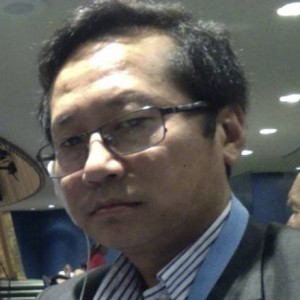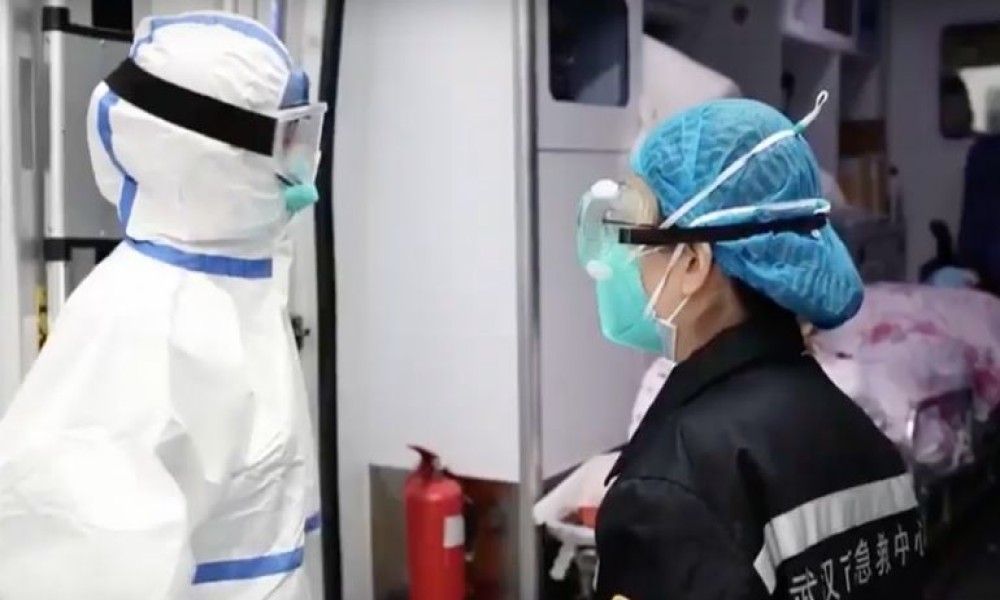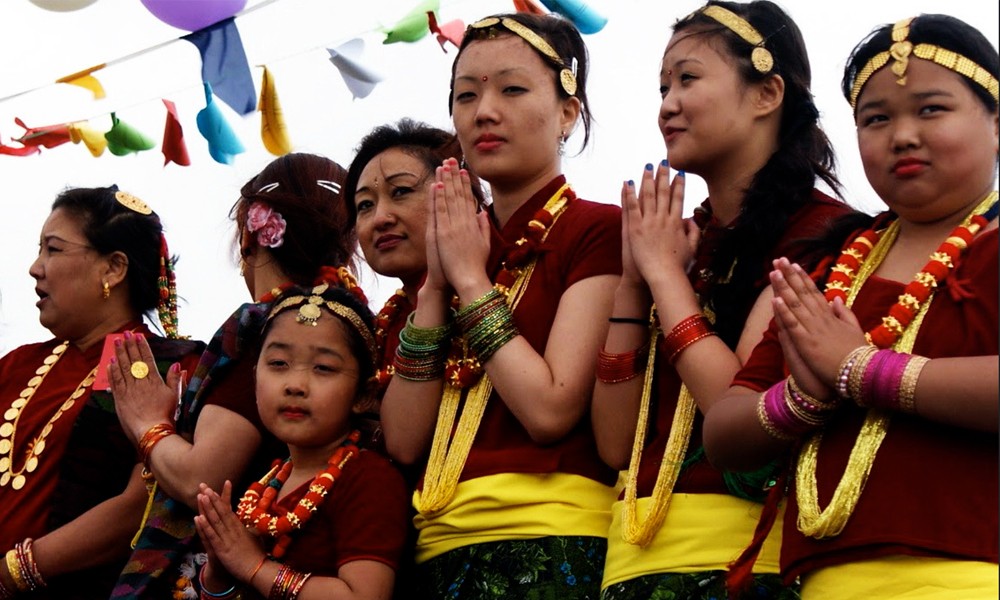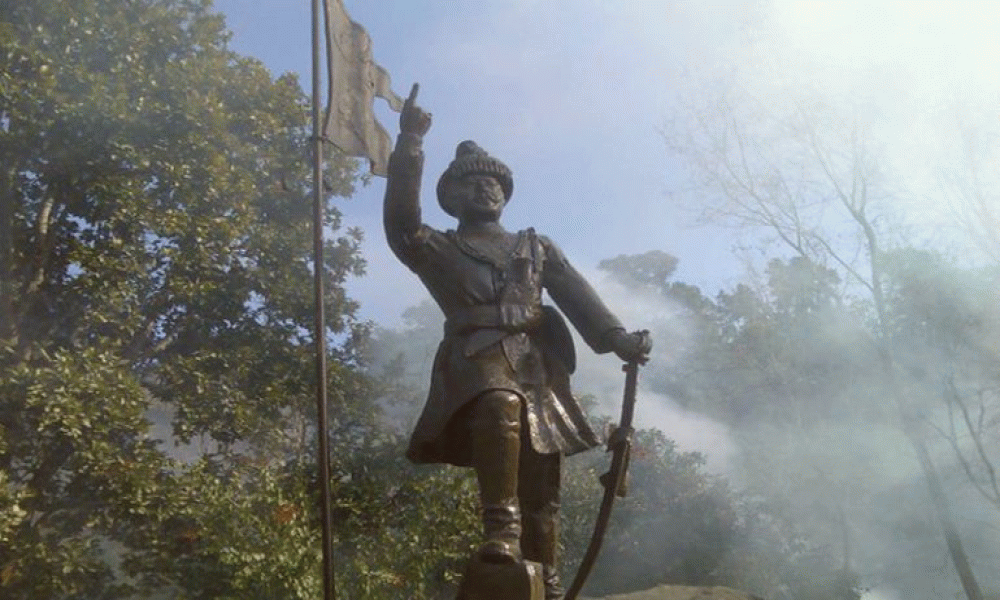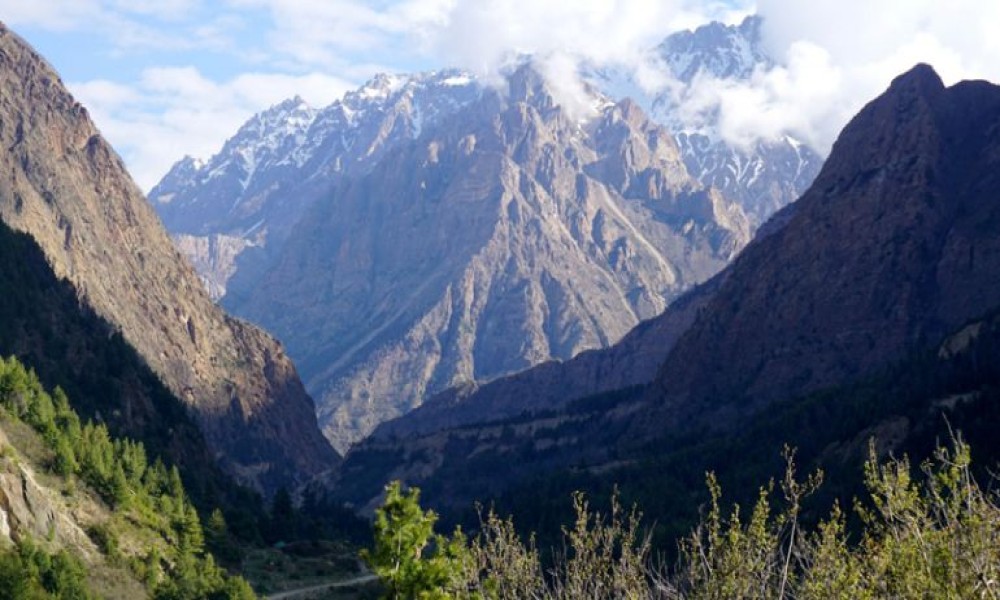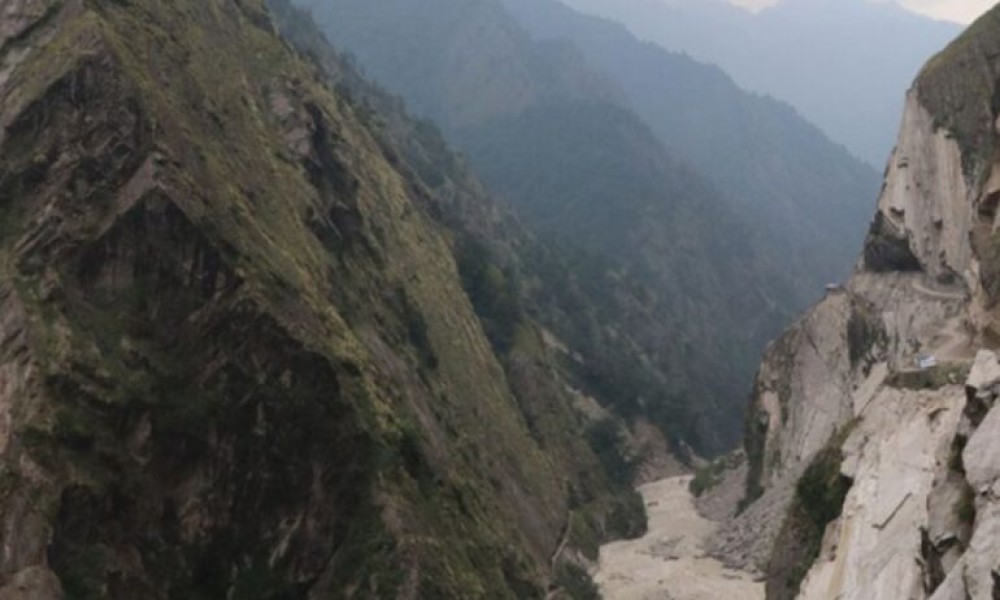After touring the entire world, coronavirus has come to Nepal and Nepali people are now living in voluntary isolation. Epidemiologists are unable to tell us how to cure the COVID-19 disease, but they are asking us to avoid being infected with the deadly virus.
The entire world is now living in fear and uncertainty as if the World War III has just broken out. But the COVID-19 is different form a warlike situation. In the war, deaths and destruction might come to us even when we are holed up. But in the epidemic, we get infected only if we step out and make physical contacts with the disease. So, experts are advising us to stay indoors and we are all complying.
Indigenous Peoples around the world are relatively unaffected by epidemics like coronavirus because they live in voluntary isolation. They live in their one world with minimal contact with the outsiders. They care little about what the government is up to. But the government cannot stop caring about them -- it cares by promulgating constitution, laws and rules that effectively rob them of their land, forest, water and natural resources.
Indigenous Peoples around the world are relatively unaffected by epidemics like coronavirus because they live in voluntary isolation.
For Indigenous Peoples, the government's plan of building hydroelectricity plants, factories and oil refineries has just one purpose: driving them away from their own lands. In their view, exploitation of the mother earth has crossed all the boundaries and the nature has begun to fight back. This is what is happening now in the form of a global health emergency unleased by a microscopic germ that originated in the Chinese city of Wuhan.
To sum up the current situation, here is a Facebook post by Tahal Thami: "In the 2015 earthquake, we were scared of our own houses. In the 2020 coronavirus epidemic, we are scared of our own people".
At a time of crisis like this, it would be important to use indigenous knowledge. Their lifestyle of voluntary isolation has already become a global trend. But this is just one part of a vast body of knowledge possessed by Indigenous Peoples.
I recently heard an interview of nutritionist Dr Aruna Uprety on Indigenous Television. She was urging people to use herbs and spices easily available in our houses to be safe from coronavirus. This home remedy is not for curing the disease but for enhancing our immunity so our body can fight back the deadly virus.
While listening to Dr Uprety, I recalled my grandmother who would give me some herbal medicine whenever I was down with fever. Her home remedy was always effective. Soon after taking her medicine, I used to get back on my feet. Always.
I do not know what my grandmother used as medicine, but what I know is Indigenous People like her have medicinal knowledge that can be used when modern science fails to find a cure for epidemics like coronavirus.
In the 2015 earthquake, we were scared of our own houses. In the 2020 coronavirus epidemic, we are scared of our own people.
To find out if the concept of isolation is embedded in our culture, I recently reached out to Yehang Dai (older brother) who is an expert on the Limbu community's Mudhum and cultural practices.
He told me: In our Limbu culture, when someone is ill or when the rituals of Him Sammang/Yuma Sammang are performed, no one is allowed to go out or get in. Common Limbu people believe that they might face the wrath of the deity if they violate this practice. But the underlying reason of this practice is to prevent possible infection. It is a form of isolation.
Ping Dye of Khokana is yet another proof of medicinal knowledge of indigenous people. In this place, all Baidyas (Ayurvedic doctors) from around the valley would gather to test their knowledge, and to ascertain whether they have learned enough to treat patients.
But Ping Dye is now going to be destroyed as the government plans to bulldoze through the ancient indigenous village of Khokana to build the Kathmandu-Tarai fast-track. It shows how little the government cares about indigenous life, culture and their priceless knowledge.


